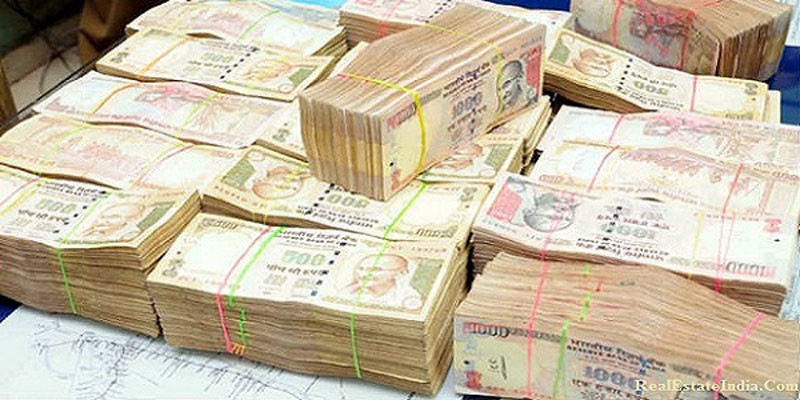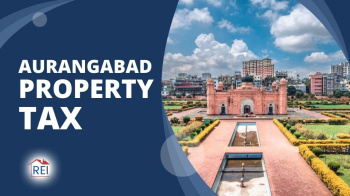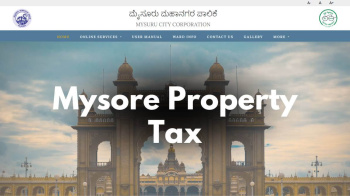
“Elimination of black money is of utmost importance in real estate”, says Bimal Jalan, the former RBI Governor and the introducer of Rs1000 notes in the country, on the recent demonetization move.
Indian real estate market has witnessed countless ups and downs during the past few decades. But the property market, as we see, still flourished at a great pace. Prime Minister Narendra Modi’s step to withdraw the legal tender from the higher currency notes has caused an upheaval in the real estate market. It has been a tradition in Indian realty sector that around 35-50% of the total property price should be paid in advance and that too in cash. In the present time when India is experiencing such a cash crunch, how do you expect the realty sector to react?
Realty Sector: A Depository Of Black Money
The experience of a property buyer, who wanted to buy a farmland in Chhatarpur, would give you a clear insight into the black money business in realty sector. This buyer was satisfied with the property and price until he was told about the method of payment. The dealer told him to pay only 10% of the sum in white money, i.e., legal currency, and the remaining 90% in the form of black money. He was even asked to give extra money for changing his white money into illegal money.
Real estate sector, holding 50% of total India’s black money, is the easiest way for people to hide their bags full of black money. Various developers and real estate agents enable you to invest your illegal wealth in property via improper transactions and illicit financial transactions. The probability of getting caught by the tax department is quite low in the real estate sector and to top that the penalty that you’ll have to pay if caught in tax detection is very meager. Another reason why these sectors attract black money is the high appreciation rate (25-36% per annum) and great returns for investment.
How To Eliminate Black Money From Real Estate
A recent study showed that around 30% of the Indian real estate sector is made up of black money. One way to curb this generation of black money in Indian real estate is to limit the transactions done via cash. PM Modi’s move to demonetize the higher value currency, i.e., Rs 1000 and Rs 500 would be a great way to slack down the investment done in real estate using black money. This move would lead to a liquidity squeeze and would take time before the regular circulation of currency would do the rounds. Due to unavailability of cash, people would have to indulge in other means of transactions that are completely legal. In addition to that, the under-reporting of transaction prices should be erased to cut down the black money investment as well as generation.
Black money is a term that is used to denote the money that is not completely legitimate or legally held in the hands of the owner. The hottest topic of debate, the demonetization move by PM Modi, along with the setting up of SIT on black money and Income Disclosure Scheme, 2016 would be a positive step in the direction of fighting the evil called black money out from the real estate of India.








ADD COMMENT